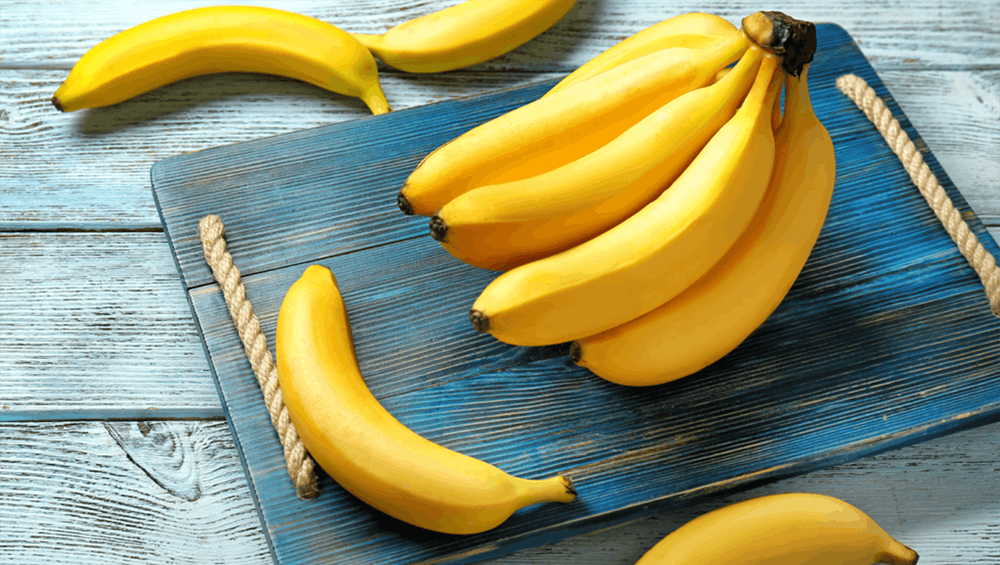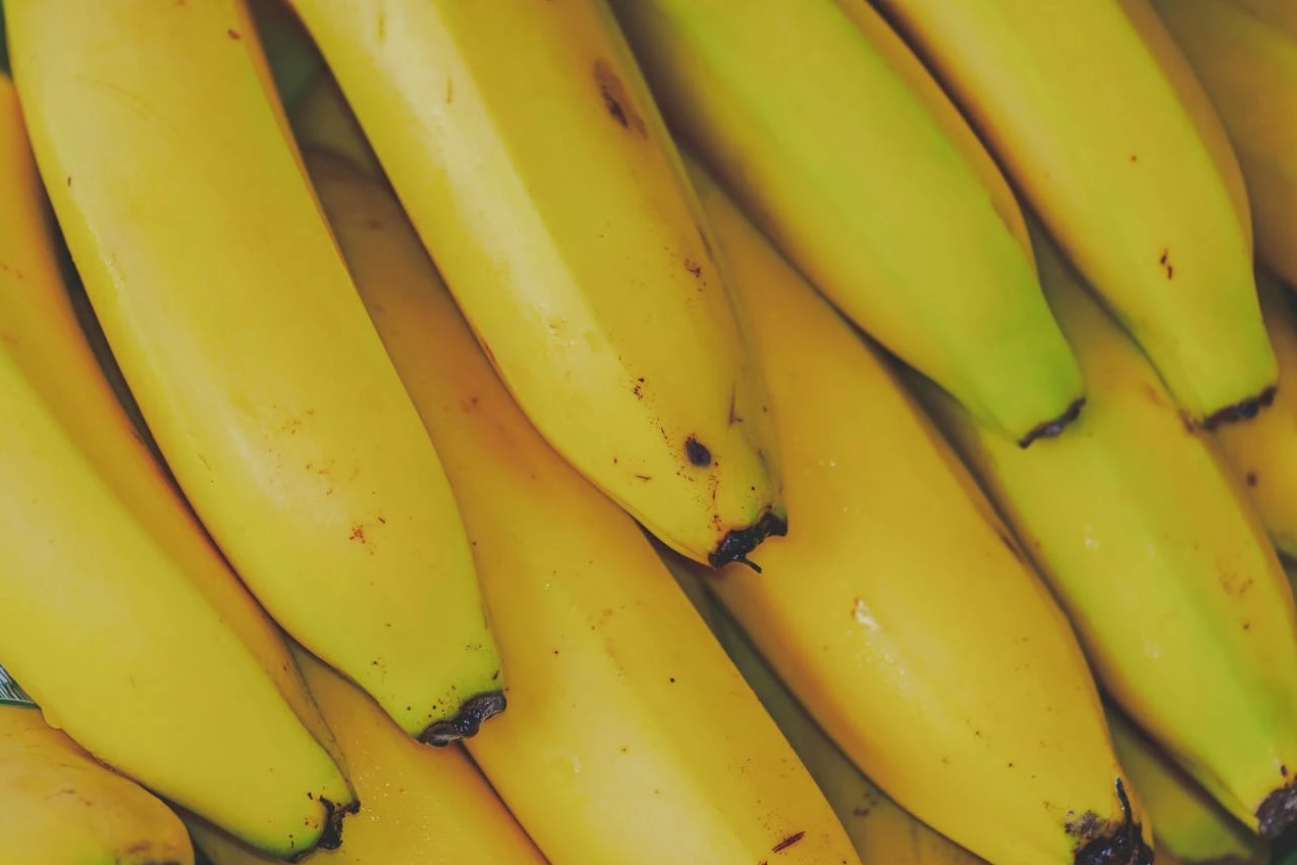
While bananas are a nutritious and convenient fruit, consuming them at inappropriate times or in unsuitable ways can have adverse effects on health, especially for certain individuals.

Avoid Eating Bananas on an Empty Stomach
Many people habitually eat bananas in the morning, even on an empty stomach, believing it to be a quick energy boost. However, this practice may do more harm than good.
Bananas are rich in potassium and magnesium—essential minerals for the body. Consuming them on an empty stomach can lead to an imbalance in electrolytes, affecting cardiovascular health and causing fatigue and bloating. Additionally, eating bananas when hungry may result in discomfort, sluggishness, and negative impacts on the digestive system.
Morning, often considered an ideal time for energy intake, is not the best time to eat bananas, especially when alertness is needed. Ripe bananas contain high levels of serotonin, which can induce drowsiness.
Therefore, consuming bananas at the start of the day or when high concentration is required for work or study may lead to reduced mental agility and decreased performance. It’s best to eat bananas after lunch or in the evening when the body has sufficient energy and doesn’t require intense mental focus.
Certain Individuals Should Exercise Caution
Bananas may not be suitable for everyone. For individuals with diabetes, the high sugar content in bananas can cause blood sugar levels to spike if consumed excessively.
Those with dental issues, such as cavities, should also be cautious, as frequent banana consumption can damage tooth enamel if proper oral hygiene isn’t maintained afterward. For individuals with kidney problems, the abundant potassium in bananas can burden the kidneys’ filtering function, potentially worsening the condition.
For those aiming to control their weight, bananas can be a double-edged sword. An average banana contains about 100–120 calories; consuming more than two per day equates to an additional 300 calories—a significant amount for someone trying to lose weight. Especially if other high-sugar and high-potassium fruits like watermelon have been consumed during the day, it’s advisable to avoid additional banana intake.

Health Benefits When Consumed Appropriately
Nonetheless, bananas remain a valuable fruit when consumed correctly. Sliced unripe bananas with the peel, dried or sun-dried and ground into powder, can stimulate the growth of stomach mucosa, aiding in ulcer prevention.
Finely chopped banana flowers, boiled and eaten with sesame salt or peanut salt, are traditional dishes that help postpartum women increase milk production. Additionally, ripe wild bananas are believed to help expel roundworms when 1–3 are eaten daily. Even unripe green bananas can be used to treat ringworm: simply cut freshly picked bananas into slices to extract the sap and apply it directly to the affected skin area 2–3 times a day for noticeable improvement.
In summary, bananas are a wonderful natural gift, but they shouldn’t be consumed indiscriminately. Choosing the right time, appropriate quantity, and considering individual health conditions are crucial for maximizing the benefits of bananas without harming the body. Instead of eating out of habit, consume bananas wisely—at the right time, for the right person, and in the right way.
